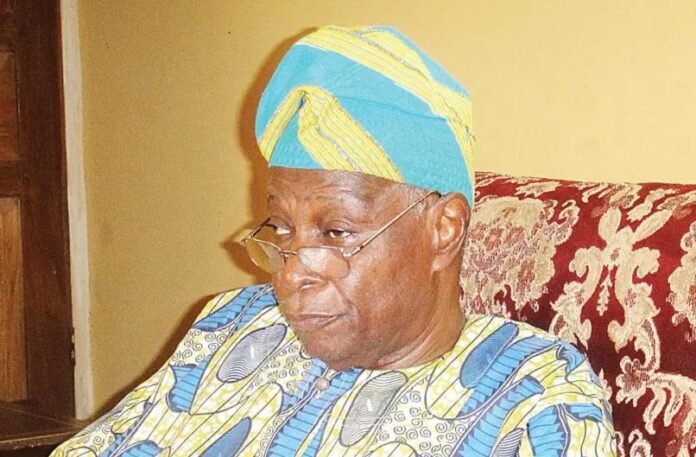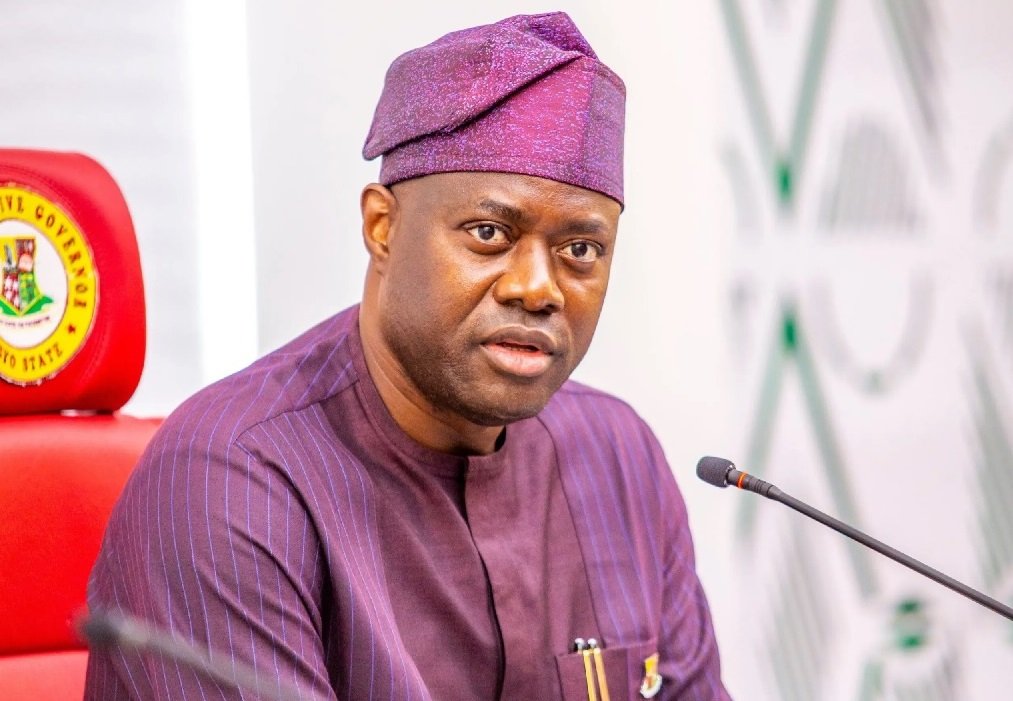Former Secretary to the Government of the Federation and 1999 presidential candidate, Olu Falae, has reignited debates on Nigeria’s democratic transition.
Speaking on a televised interview as part of Democracy Day programming, Falae stated that he, not Olusegun Obasanjo, won the election that returned the country to civilian rule.
During his discussion, he alleged that the results of the 1999 presidential election were manipulated to favor Obasanjo. He cited a legal review conducted by his late counsel, J.O.K. Ajayi, which reportedly found that he had won by over one million votes.
“I was told by my lawyer, the late Chief JOK Ajayi, that I won the election by over a million votes after a meticulous assessment of the figures declared,” Falae stated.
Despite these findings, Falae’s camp decided not to challenge the election results in court. He explained that his team prioritized the nation’s stability over legal battles, saying, “But we decided not to go to court. We were more concerned about the country returning to democracy peacefully after years of military rule.”
A Contested Transition to Democracy
Falae’s revelations have reopened discussions on Nigeria’s democratic transition following years of military rule. The 1999 general elections came after the death of General Sani Abacha and the interim leadership of General Abdulsalami Abubakar, who oversaw the move to civilian governance.
Many historians view the election as a political compromise, especially after the annulment of the June 12, 1993, presidential election widely believed to have been won by MKO Abiola.
Falae’s candidacy, supported by a coalition of the Alliance for Democracy (AD) and the All Peoples Party (APP), was seen as an attempt to appease the Yoruba electorate. However, Obasanjo—also of Yoruba origin—ran on the platform of the Peoples Democratic Party (PDP) and had significant backing from the military and political elite.
Reflecting on the election, Falae admitted that pressure to maintain stability played a role in accepting the outcome. “There was so much pressure not to rock the boat. We made sacrifices for democracy to return. I accepted it in good faith then, but the truth must be told: I won that election,” he said.
Lingering Questions on Electoral Credibility
Beyond the 1999 election, Falae lamented Nigeria’s ongoing struggle with credible polls. He argued that since 1993, Nigeria has failed to establish a reliable electoral process despite maintaining democratic rule. He insisted that transparency in leadership remains a critical issue for the country.
“It’s not about me. It’s about the truth. Nigeria deserves to know the real story behind its so-called democratic rebirth,” he added.
His statements have reignited conversations about Nigeria’s electoral history and raised further scrutiny on the integrity of past and present elections. As the nation continues its democratic journey, calls for reform and greater transparency remain relevant.
Rate, Like 👍, Comment, share this article and Follow us on our social media handles.







